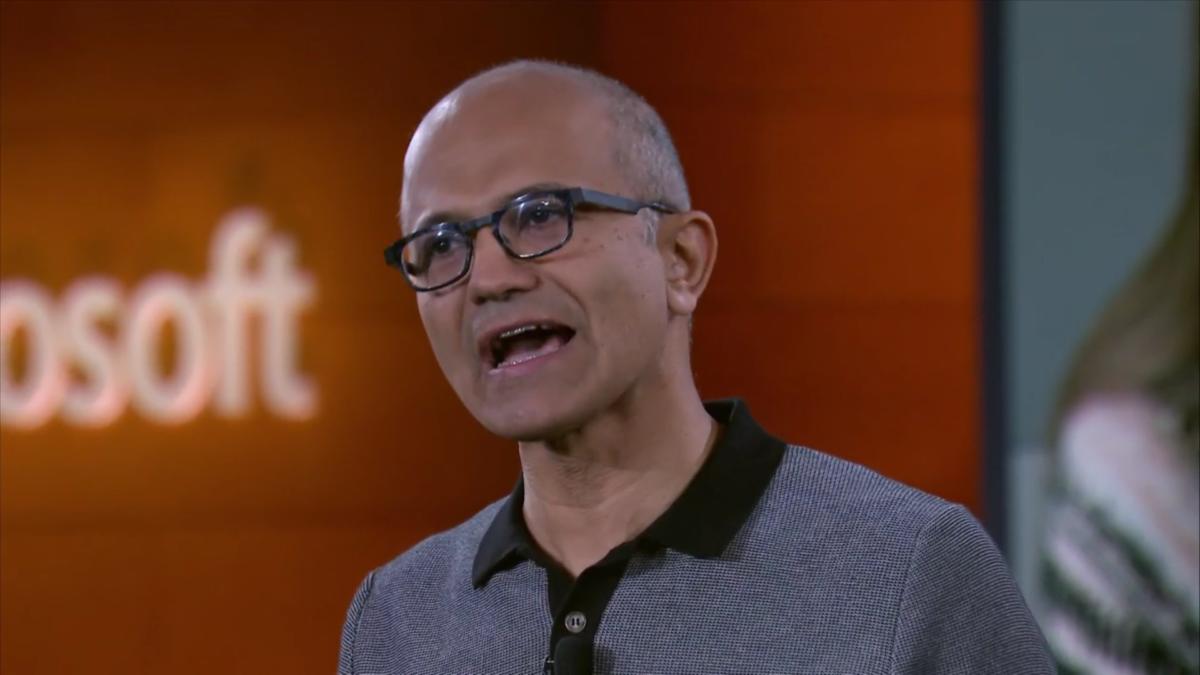Twenty-five years ago, the US Department of Justice, twenty-two states, and the District of Columbia sued budding software giant Microsoft for illegally monopolizing the PC market. The plaintiffs argued that Microsoft exploited contracts with computer makers, barring them from removing its Internet Explorer or using rival programs.
A trial was held in the District Court for the District of Columbia, the outcome of which ultimately forced Microsoft to allow PC makers to install non-Microsoft software. Proving that history, if it does not repeat, then at least rhymes, Microsoft CEO Satya Nadella testified in the same courthouse that hosted the landmark Microsoft trial, helping to make the prosecution’s caase against another tech giant and its main rival, Google.
Echoing the Microsoft case, the Department of Justice (DOJ) and a collection of states now accuse Google of illegally exerting monopoly power using contracts that give it default search engine status with software companies and equipment makers, capturing 90% of the market.
Nadella argued that it’s almost impossible to compete with Google, given the search leader’s massive competitive edge in collecting and analyzing user data. He also warned that Google, with its vast profits and lock on the search market, stands poised to extend its monopoly power in a new era where artificial intelligence technologies will turbocharge the search business.
Dynamic data is a ‘vicious cycle’
Before rising to his CEO position in 2014, Nadella ran the engineering group for Microsoft’s search and search advertising products from 2007 to 2011, a pivotal time for the adolescent search business. Speaking of Microsoft’s early efforts in search, Nadella said that Microsoft “ran it without profits for a decade-plus.”
Now, the “vast majority of search advertising” is profitable for Bing, Microsoft’s rival to Google. “In some sense, when you look at a company like us…there is nothing more attractive internet search,” Nadella said. “The organizing layer of the web is internet search.”
But Microsoft struggles to break out of what is a tiny share of the search market due to Google’s dominance, he argued. The problem is that Google’s massive access to user data creates a vicious cycle in which Google can hone and develop its search product better than anyone else, making it all but impossible for small or large rivals to gain a toehold.
“The dynamic data access is a big asset,” Nadella testified. “Search is a product in which what you see today informs tomorrow. Unless and until you’re in that river of seeing what people are searching for all the time,” it’s hard to compete. “You need to get the high share to get high quality over the long run… you have to break that vicious cycle. That’s the hardest part of it.”
Users can love a product but won’t switch
Despite this obstacle, Microsoft’s Bing has made some headway with search,…
2023-10-06 07:00:04
Post from www.computerworld.com rnrn
